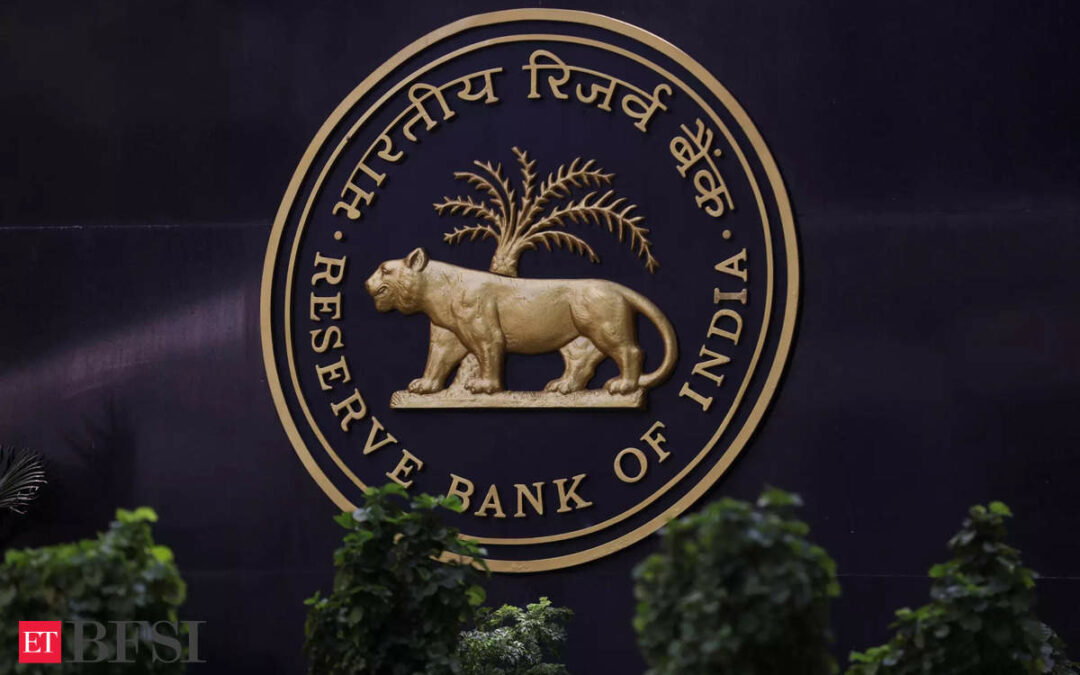Mumbai: Even as the sword of large-scale open market bond sales by the Reserve Bank of India hangs over the debt market, state governments in the poll season have upset bond traders’ demand-supply calculations by overshooting their stated borrowing plans.
So far in October, state government bond issuances have outstripped their indicative calendar by 24%, with states on track to issue bonds worth almost ₹1 lakh crore more in FY24 than the previous year on a gross basis.
The unexpected increase in supply adds upward pressure to sovereign bond yields, which determines the cost of borrowing for corporates. Lower cash balances, the discontinuation of GST compensation cess, and pricey alternative funding have all played a part in pushing up state bond issuances.
“State government cash surplus as of October 20 calculated as holdings of 14-day and auction T-bills is tracking at ₹2 lakh crore, which is lower than September-end figure of ₹2.4 lakh crore and lower than the same period last year at ₹2.4 lakh crore,” said Gaura Sengupta, economist, IDFC First Bank.
Sengupta estimates states’ gross market borrowing at ₹8.5 lakh crore in FY24 versus ₹7.6 lakh crore in the previous year.
According to the indicative calendar of market borrowings for October-December, released by the RBI on September 27, state governments were scheduled to have issued bonds worth ₹74,842 crore in the previous month. States ended up selling bonds worth ₹92,639.03 crore in October.
“There is definitely a mismatch in terms of states’ revenue and expenditure. Probably there could be certain states which are pushing forward certain kinds of expenditures before the state elections as well as the general elections, they would want to expedite certain things,” said Madan Sabnavis, chief economist, Bank of Baroda. “There could also be certain delays in terms of payments for some of the centrally sponsored schemes which the states may be pushing along, basically welfare schemes,” he added.
The starkest deviation was in the last auction on October 31, when states raised funds worth ₹25,255.51 crore as bond sales worth ₹15,600 crore earmarked in RBI’s calendar.
While states’ fiscal deficit is likely to be contained within the 3.5% cap prescribed by the Centre, Sabnavis said states could take more recourse to market borrowing to fund the deficit as borrowing from small savings funds has turned pricier.
Usually, the increase in state borrowing would not have ruffled feathers in the bond market as states typically increase issuances in the second half of the fiscal while the Centre reduces its borrowings.
However, at the current juncture, the reprieve in bond supply from the Centre could be offset by the RBI’s plans to sell bonds in the open market as the central bank seeks to drain the banking system of excess liquidity. The yield on the 10-year benchmark government bond has jumped as much as 16 basis points to a seven-month high of 7.38% since the RBI mentioned plans for OMO sales in its policy statement on October 6.










